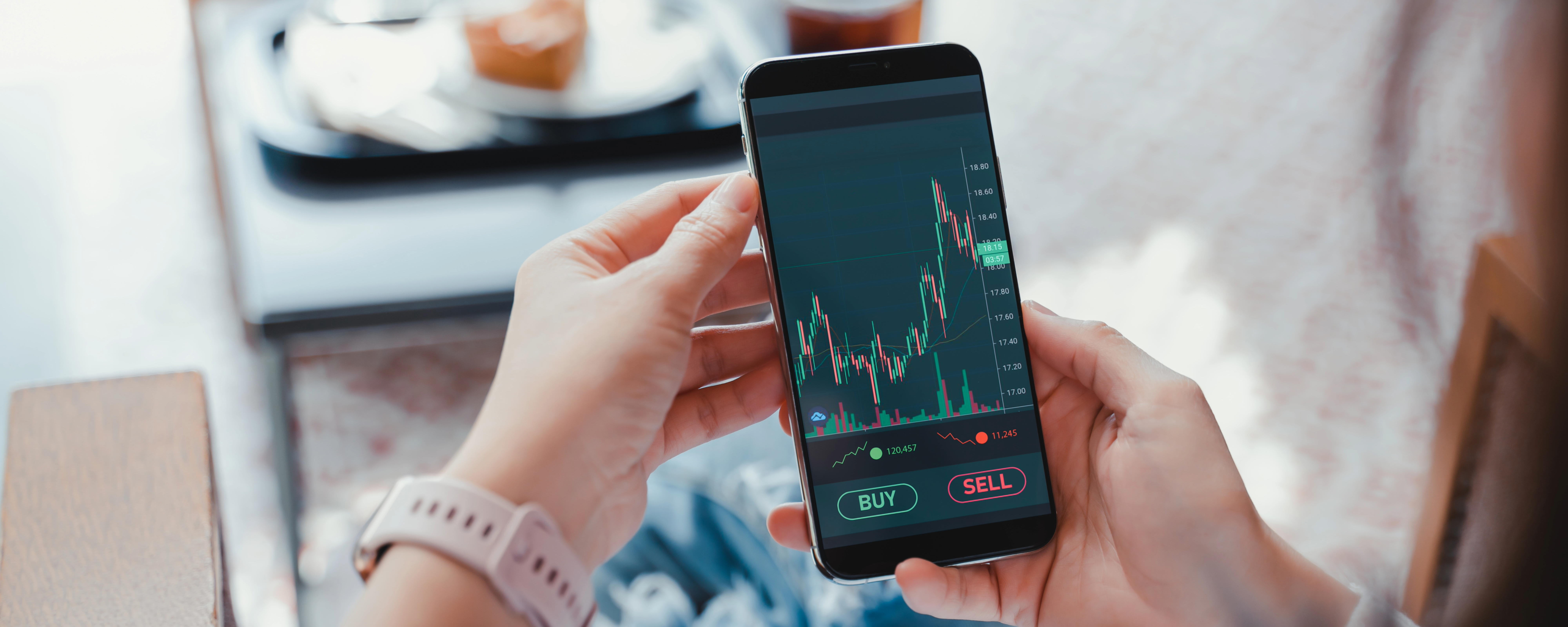Trading Psychology
When most investors fail, their first reaction is to blame something else:
“I picked the wrong stock.”
“Technical analysis doesn’t work.”
“The market is manipulated.”
Believe it or not, a large part of Turkish financial social media genuinely believes in a fictional character named “Pala” who supposedly manipulates the entire Borsa Istanbul.
Of course, that person doesn’t exist.
The truth is, 90% of losses don’t come from bad picks or conspiracies—they come from emotional trading.
So how do you control your emotions?
Trading is a psychological battle with yourself. And only those who win that battle survive in the long run.
❌ Common Mistakes of Emotional Traders
1. Not Accepting Losses
- Holding onto a falling stock thinking, “It can’t drop any further.”
- Saying, “It’ll bounce back eventually,” and refusing to cut the loss.
- Letting a small, manageable loss turn into a huge one.
2. Taking Profits Too Early
- Selling as soon as you’re up 2–3%.
- Letting fear of “What if it drops now?” sabotage long-term gains.
- Settling for tiny profits instead of letting the trend play out.
3. Revenge Trading
- After a loss, jumping back in to “win it back.”
- Taking bigger risks in a panic, only to lose more.
- Ignoring what went wrong and blaming bad luck.
4. FOMO (Fear of Missing Out)
- Chasing a stock just because it’s flying and “everyone’s buying.”
- Usually, this is exactly where the stock starts to fall.
- “It always drops right after I buy” — sound familiar?
5. Refusing to Use Stop-Loss
- “If I use stops, I’ll just keep getting stopped out.”
- Trading without protection, then doubling down as losses grow.
- One bad trade shouldn’t ruin your account. That only happens if you manage risk poorly.
✅ How to Stop Trading Emotionally
To control your emotions, you need to become the operator of your own trading system.
No more guessing, hoping, or blaming.
The market doesn’t care about your predictions, hopes, or luck.
Stick to a system. That’s the only way.
🧠 Always Have a Plan Before You Enter a Trade
- Set your stop-loss and target price before opening the position.
- If you find yourself wondering “What do I do now?” mid-trade, you didn’t plan well.
- No plan = emotions will take control.
🎯 Focus on Process, Not Profits
- Don’t ask, “How much did I make?”
Ask, “Did I manage my risk properly?” - Don’t chase big wins. Aim for consistent growth.
⚖️ Trade Sizes That Don’t Stress You Out
- The bigger your position, the louder your emotions.
- Keep trades proportional to your portfolio.
- If you’re constantly thinking about your trades outside market hours, your position size is probably too large.
🧩 Accept Mistakes and Learn From Them
- Losses are part of the game—just keep them small.
- Identify emotional decisions and fix them.
- Never let the same mistake hit you twice.
⌛ Be Patient—Let Price Action Confirm You
- Don’t rush to buy or sell.
- Wait for your setup to be confirmed before acting.
- You won’t get rich from one trade. Let that sink in.
🎯 Emotional Trading Is the #1 Reason People Lose
Most traders don’t lose because their strategy is bad.
They lose because they can’t follow any strategy under pressure.
Once emotions kick in, even the best system is useless.
Markets are designed to punish the impatient and undisciplined.
We can’t control world events.
We can’t control the market.
We can only control ourselves.
And if you can’t control yourself, you simply won’t survive in this game.
Final Word:
Master your psychology first. Then manage your trades.
Be disciplined. Don’t chase. Don’t hope. Don’t trade without a plan.
There will always be another opportunity. Use stop-loss. Learn from your mistakes. And most importantly:
Stop trading emotionally.
Trading rewards the calm, the patient, and the disciplined—
not the impulsive.


